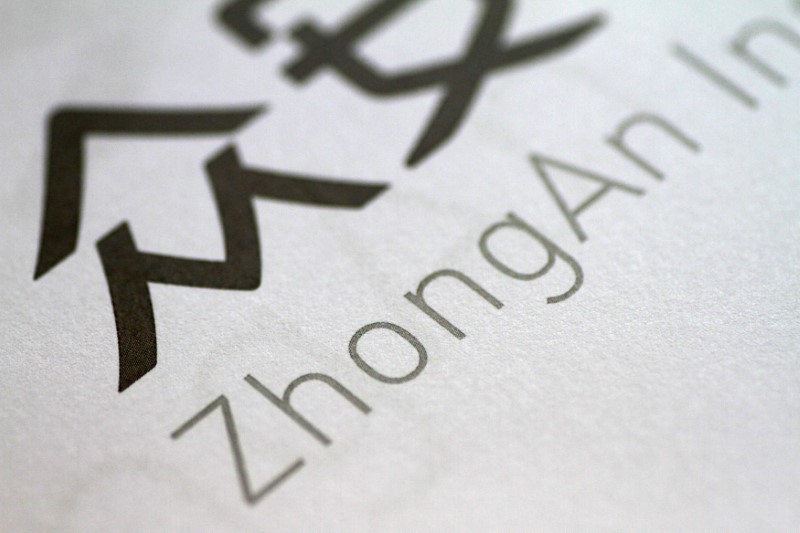By Elzio Barreto
HONG KONG (Reuters) - ZhongAn Online Property & Casualty Insurance Co jumped 18 percent on debut on Thursday after the biggest ever IPO by a financial technology firm in Asia, boosting Hong Kong's hopes of luring future Chinese technology startups away from New York.
It also bodes well for expected listings from other fintech giants in Hong Kong, including Alibaba (N:BABA) affiliate Ant Financial and peer-to-peer lending and wealth management platform Lufax.
"I hope this is the beginning of another round of new economy companies choosing Hong Kong," Charles Li, CEO of market operator Hong Kong Exchanges & Clearing Ltd (HKEX) (HK:0388), said at the debut ceremony.
"Our market needs to stay competitive, our market needs to stay relevant and we obviously have to stay clear-minded how we go about attracting the right companies into Hong Kong and allowing Hong Kong to be part of the new economy."
Both Ant Financial and Lufax are considering IPOs in the city, sources previously told Reuters, although the timing for the deals is uncertain.
ZhongAn's (HK:6060) $1.5 billion initial public offering (IPO) follows the $630 million December listing of Chinese photo app maker Meitu Inc (HK:1357), which is up more than 30 percent as investors chase fast-growing technology firms even before they have made a profit.
"This deal (ZhongAn) and Meitu's performance clearly show Hong Kong can emerge as a centre for tech deals," said the head of equity capital markets at a global investment bank who could not be named discussing listings in the city.
The rarity of technology listings in Hong Kong gave ZhongAn's IPO an extra appeal for investors looking to diversify their holdings, Chief Executive Jeffrey Chen told Reuters.
The Shanghai-based online insurer hopes to change the scarcity of such offerings in the city and invited about 30 Chinese tech companies to a party to celebrate its debut on Thursday night.
At the event, ZhongAn plans to share its listing experience and connect the startups with Hong Kong exchange officials and investment bankers. Attendees will wear coloured name tags: blue for fintech startups, red for investment bankers, etc.
"We've invited partners and many companies that are interested to list in Hong Kong to join the party. They became interested after they saw ZhongAn's example," Chen said in an interview.
A GOOD START
The stock climbed as high as HK$70.50 in early trade, compared with the HK$59.70 IPO price, before paring gains to HK$67.80. The benchmark Hang Seng index (HSI) was down 0.3 percent.
ZhongAn priced the 199.3 million new shares on offer at the top of the IPO's marketing range of HK$53.70 to HK$59.70 per share.
Demand from retail investors - who have a significant influence over first-day trading in Hong Kong - accounted for 393 times the number of shares on offer in the IPO, ZhongAn said in a securities filing.
Typically, companies going public set aside 10 percent of the shares on offer for retail investors, with the remainder going to institutional buyers, but that volume goes up depending on the level of oversubscription.
In the case of ZhongAn, it originally allocated 5 percent of the shares to retail investors but underwriters ended up having to raise that to 20 percent because of strong demand, meaning fewer shares were available for professional buyers.
The institutional tranche was "significantly" oversubscribed, ZhongAn said.

Tech firms' fundraising accounted for an average 2.8 percent of all Hong Kong IPOs since the global financial crisis in 2008, Thomson Reuters data showed.